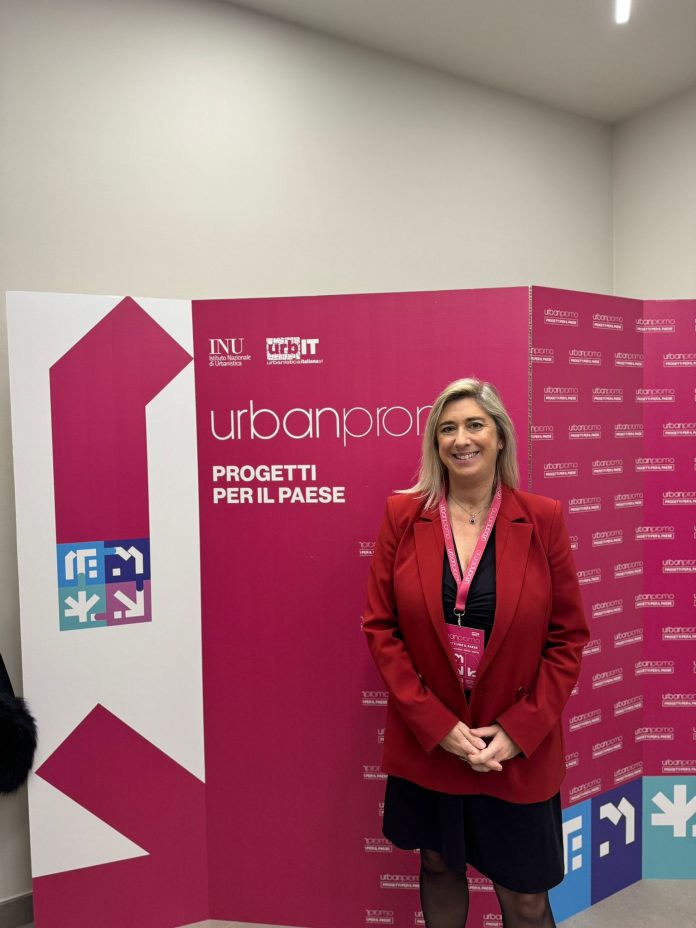by InTrieste
In a forward-looking presentation on Tuesday at the Urbanpromo event in Florence, Cristina Amirante, Regional Councillor for Infrastructure and Territory from Friuli Venezia Giulia, detailed the region’s ambitious new approach to urban planning. The approach centers on reimagining land use with an emphasis on environmental sustainability, social housing, and a focus on community-based welfare.
Hosted at the CR Florence Foundation’s Innovation Center, the Urbanpromo conference has long served as a national forum for exchanging ideas about the future of Italian cities. Now in its 21st edition, the event is organized by the National Institute of Urban Planning and draws leading experts, public officials, and planners to discuss urgent issues facing cities, such as land use, urban regeneration, and the potential of artificial intelligence in city planning.
In her speech, Amirante highlighted Friuli Venezia Giulia’s groundbreaking policy goals, which aim for “zero land consumption” in urban residential and peripheral areas, reserving new land use strictly for essential infrastructure and economic development projects. This approach aligns with the evolving needs of a region facing population decline, which Amirante said reduces the demand for new construction in many areas.
“One of the core principles of our Territorial Governance Plan is to stop consuming land unless it’s for indispensable projects,” Amirante told attendees, “and instead, we focus on rejuvenating existing structures and creating inclusive spaces that foster a sense of community.”
To achieve this ambitious objective, Friuli Venezia Giulia’s plan also incorporates incentive-based measures that will encourage municipalities and private developers to invest in redeveloping existing buildings. The region’s initiative could serve as a model for other Italian regions that are grappling with similar demographic and environmental pressures.
The “zero consumption” goal is paired with a focus on social housing and a comprehensive welfare system aimed at addressing the shifting needs of citizens. This urban planning strategy, Amirante explained, uses mechanisms that support municipalities in their budgets while allowing private developers to leverage restrictive land policies as opportunities to innovate and invest in projects that are socially and environmentally beneficial.
Experts at the conference voiced support for this approach, especially in a time of heightened environmental awareness and ongoing climate challenges. The plan’s progressive structure, which pairs mandatory policies with broader guidelines, empowers local governments to engage actively with private sectors and shape their urban landscapes proactively.
Urbanpromo’s broad agenda also emphasized other emerging trends in urban design, from green spaces integrated as health-promoting resources to artificial intelligence tools that optimize city planning. Planners discussed ways in which AI could analyze urban environments to inform data-driven policy and provide more efficient solutions for managing space and resources.
Friuli Venezia Giulia’s model aligns with a new wave of European urban planning that prioritizes reducing ecological footprints and fostering sustainable community infrastructure, a vision that resonated strongly with Urbanpromo attendees. The region’s emphasis on integrating green areas and focusing on public well-being drew particular praise, offering a possible roadmap for other cities that aim to balance growth with environmental stewardship.
Amirante’s presentation reflected a promising shift for Friuli Venezia Giulia, and perhaps for Italy as a whole, as regions seek to modernize their approaches to urban planning in ways that are both innovative and responsible.





























